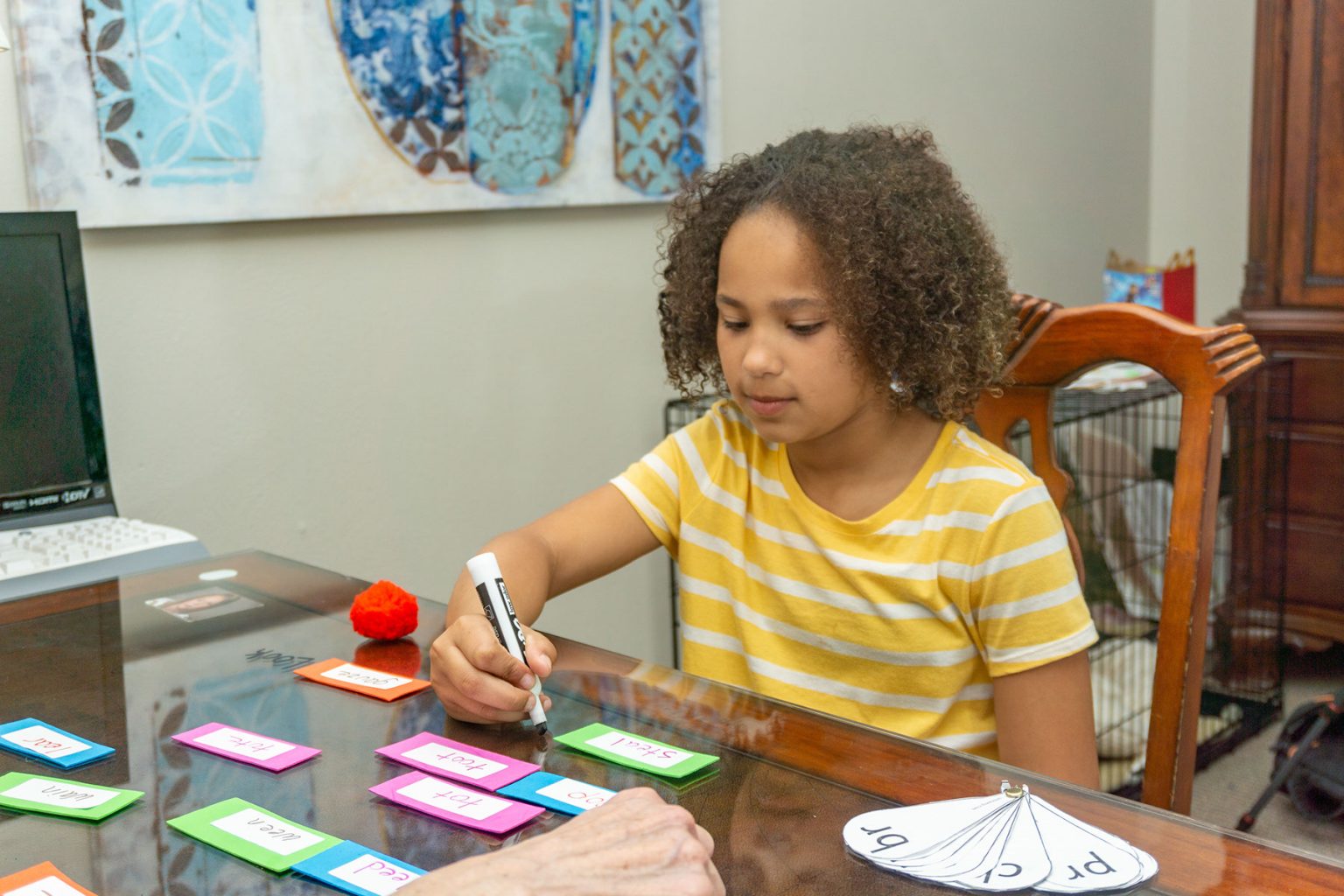Dyslexia, in layman's terms, is a specific learning disorder that affects the neurons. It's very common, with approximately 20% of the population having the disorder. What's more, some people can lead their adult lives not knowing that they're dyslexic.
Although this disability can be observed as early as pre-school age, other cases are more difficult to diagnose, and thus treat. Since we are not built with comprehensive reading skills, what our brain does is actually piece together all the letters, combinations, and sounds of the letter or word.
Dyslexia impairs the brain from doing these functions thus, dyslexic people find it challenging to read and spell. There are many homeschool support services are also available for dyslexia children. To know more about reading programs for dyslexia children, you can also contact Pams Orton Gillingham Reading Tutor.

The effects of dyslexia can actually branch out to little to no sense of direction, inability to read maps, and difficulty with numbers. In more extreme cases of dyslexia, the affected person even finds it hard to differentiate right from left and cannot understand symbols in speech.
The symptoms of dyslexia are very subtle and historically speaking, when a child had dyslexia back in the day, he was labeled "dumb" and was sent to stare at the corner of the room for a time-out. A child can be dyslexic without parents noticing until adulthood.
In truth, dyslexics are neither dumb nor are they slow learners; they usually excel at activities that don't involve language skills like design, or even art.
As dyslexia is now widely recognized, there are schools that offer special services to cater, or at the very least, try to remedy the learning curve of people who have dyslexia. Some schools even have the textbooks recorded so that students with disabilities can just listen to them instead of reading them.
